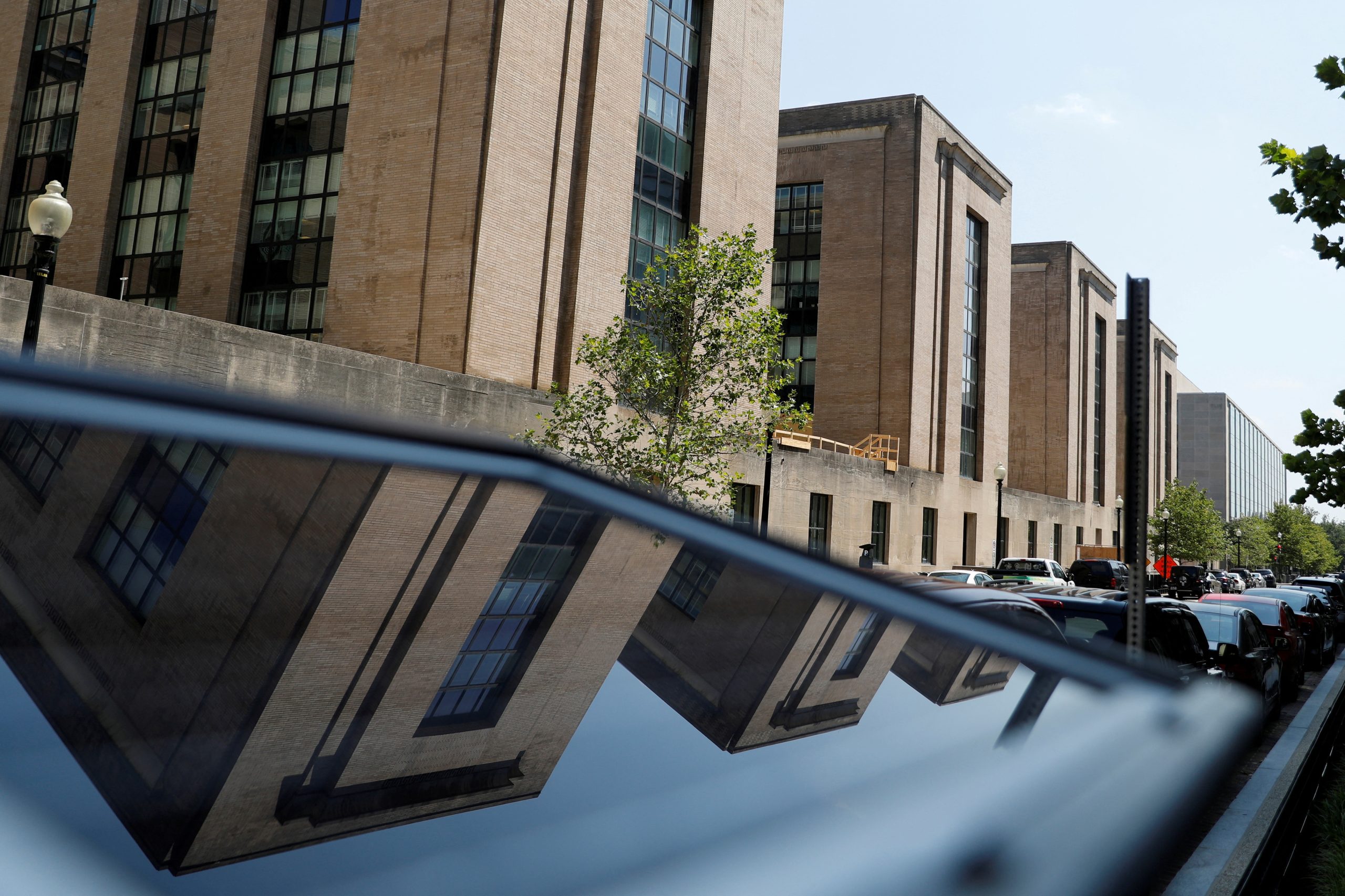
Matt Bush, FISM News
[elfsight_social_share_buttons id=”1″]
The Biden administration is in the process of rescinding the “conscience rule,” a piece of legislation former President Trump passed in 2019 that would have made it easier for health care workers to refuse to provide care that violated their moral or religious beliefs, as first reported by Politico.
A spokesperson for the Department of Health and Human Services (HHS) confirmed this policy change stating, “HHS has made clear through the unified regulatory agenda that we are in the rulemaking process.”
Despite Trump’s efforts, the conscience rule has never officially gone into effect due to continuing litigation.
Immediately after HHS instituted the rule, Democrat-led states like California and New York along with Planned Parenthood filed suit to challenge the law. U.S. District Judge Paul Engelmayer struck down the rule in November 2019. In his ruling, he stated that the conscience rule would “upend the status quo” and jeopardize billions of dollars in federal health care funds. He also stated the rule was too “politically significant” because it concerned hot button issues like abortion and assisted suicide.
Critics of the rule have stated that it would adversely affect women and the LGBTQ+ community by allowing healthcare providers to pick and choose who they serve. When the rule was initially passed, Fatima Goss Graves, then president and CEO of the National Women’s Law Center said, “the rule would allow anyone from a doctor to a receptionist, to entities like hospitals and pharmacies to deny critical sometimes lifesaving care to patients.” She continued, “Personal beliefs should not determine whether a patient has access to the care it needs.”
When passing the rule in 2018, Trump said that it was necessary to safeguard the religious rights of healthcare workers, specifically when it came to controversial procedures like abortion. During his announcement to introduce the bill Trump said, “We finalized new protections of conscience rights for physicians, pharmacists, nurses, teachers, students, and faith-based charities.”
During his campaign, Biden promised to do away with the majority of Trump-era healthcare rules claiming that abortion is both “protecting women’s rights” and a medical necessity. The White House has recently ramped up its push to enact more abortion safeguards as the Supreme Court is expected to make a potentially landmark ruling on Dobbs v. Jackson Women’s Health in the coming months; a ruling many believe will undo the federalization of abortion laws.
The removal of the conscience rule goes back to the Democratic party’s platform which states, “Democrats will protect the rights of all people to make personal health care decisions.”
An examination of the rule, however, shows that the conscience rule did not take away the rights of any patient who needed life-saving or life-giving care. It did not even take away the rights of any patient who wanted to have an abortion or to seek options in pregnancy. The conscience rule was instituted to protect and strengthen the already-existing rights of healthcare workers who have a moral or religious belief against certain healthcare services like abortion.
The conscience rule, in fact, simply strengthened conscience protections already in place.
At the time, then-director of the Office of Civil Rights, Roger Severino said the enhanced protections were necessary to protect health-care workers; a protection that is now being stripped away:
This rule ensures that healthcare entities and professionals won’t be bullied out of the health care field because they decline to participate in actions that violate their conscience, including the taking of human life. Protecting conscience and religious freedom not only fosters greater diversity in healthcare, it’s the law.
